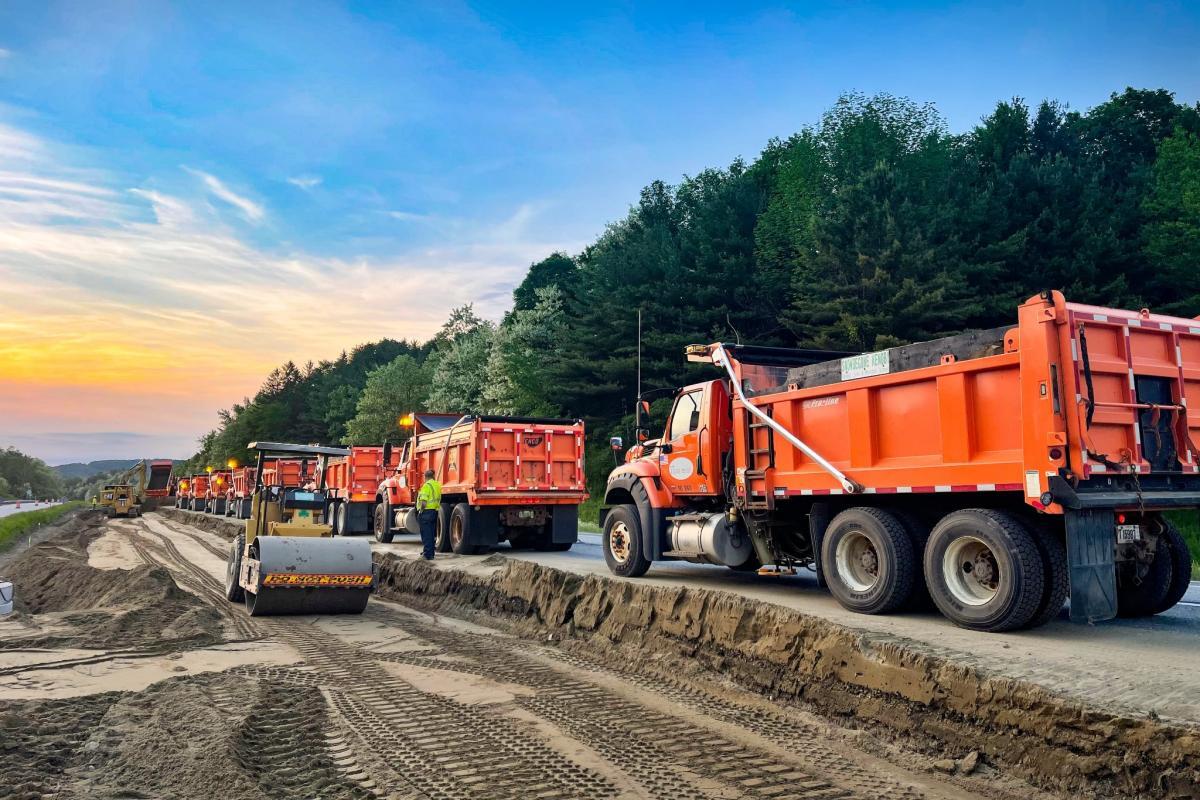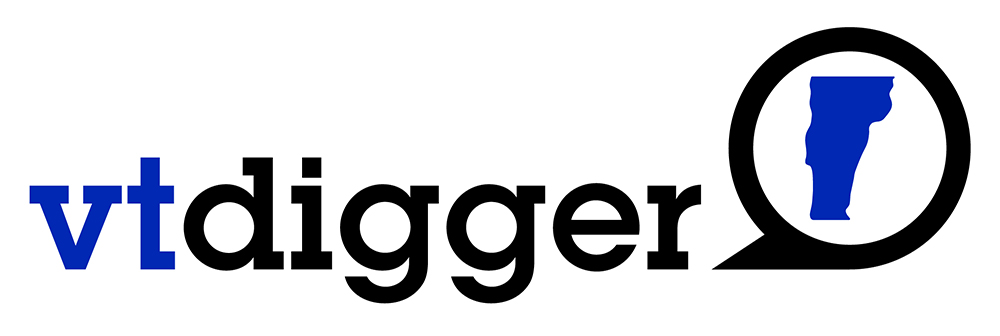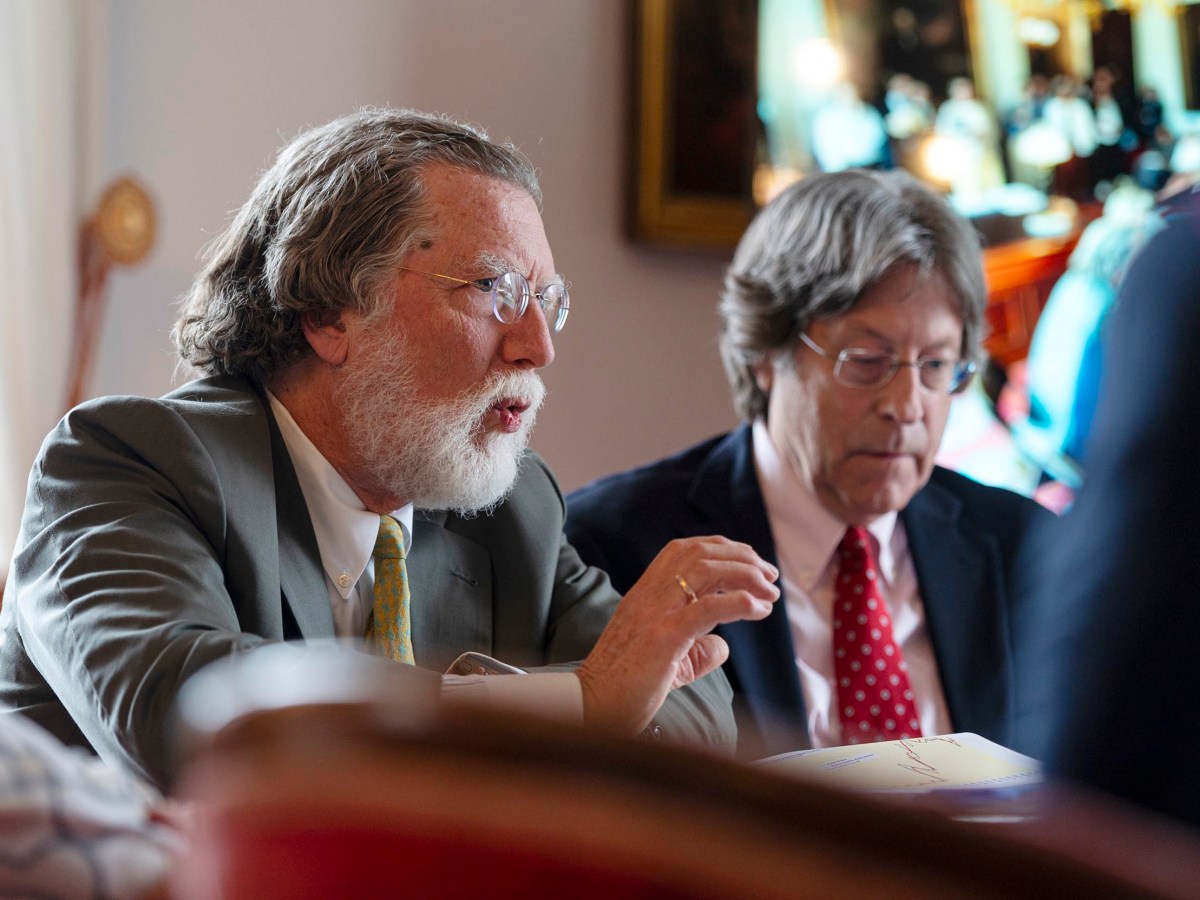
The Vermont Agency of Transportation released a plan this week to cut $7.5 million from its 2026 fiscal year budget — including more than $2 million in “position management savings” — after state economists lowered revenue projections in July by the same amount.
On Wednesday, the agency sent what’s known as a rescission plan to two Vermont legislative committees tasked with overseeing state spending when lawmakers aren’t in session. Those are the Joint Transportation Oversight Committee and the Joint Fiscal Committee. The latter must approve the agency’s plan before it goes into effect.
The committees are scheduled to meet Sept. 17 and 18, respectively, during which they are set to discuss the plan and hold public hearings on it. The agency was obligated to come up with budget cuts after state economists, at a July meeting with top lawmakers, downgraded previous estimates for how much money the state could expect to bring in to support its transportation system.
At that meeting, economists pointed to lower-than-expected recent revenue from taxes on motor vehicle purchases and from fees collected by the Department of Motor Vehicles. Over the 2025 fiscal year, which ended in June, those receipts saw a sharp drop-off from the state’s initial projections. In the first month of the current fiscal year, this past July, tax revenue from vehicle purchases again underperformed against economists’ expectations, according to the latest state data.
Meanwhile, the state has long faced a decline in gasoline tax revenue as cars have become more fuel-efficient, and as more people purchase electric vehicles. Lawmakers added a new annual fee on electric vehicles last year aimed at curbing some of the impact.
On Wednesday, the transportation agency listed about a dozen line items from its 2026 budget it is looking to cut.
The largest, according to the list, is $2,254,000 in projected “position management savings,” though the agency did not elaborate. Another $2 million would be saved by delaying a garage project in Springfield, while reductions in tree trimming, mowing and culvert maintenance would together save $915,000, the list states.
Delaying a rail platform project in Rutland would save another $500,000, while another $230,000 in savings would come from suspending agency employees’ travel and participation in conferences, the list states.
Joe Flynn, the state’s transportation secretary, declined to provide more detail about the plan before it is presented to lawmakers, he said through a spokesperson Thursday.
One of the legislators who will weigh in on the plan next week is Rep. Matt Walker, R-Swanton, chair of the House Transportation Committee. Walker said Thursday the fact that budget cuts are on the table highlights a need for major changes to how the state’s transportation system is paid for.
He said he does not like the idea of cutting any costs lawmakers have already deemed important enough to budget for, such as maintenance to keep roads safe. With transportation revenues failing to keep pace with expenses, lawmakers need to have serious conversations about new ways to pay for key infrastructure, Walker said.
This year, for instance, legislators agreed to halt an annual transfer of about $20 million from the state’s transportation coffers to its general fund for use by the Vermont State Police. But that’s not going to be enough, he warned.
“We’re going to have to close this gap, and all things need to be on the table to do that,” Walker said.



